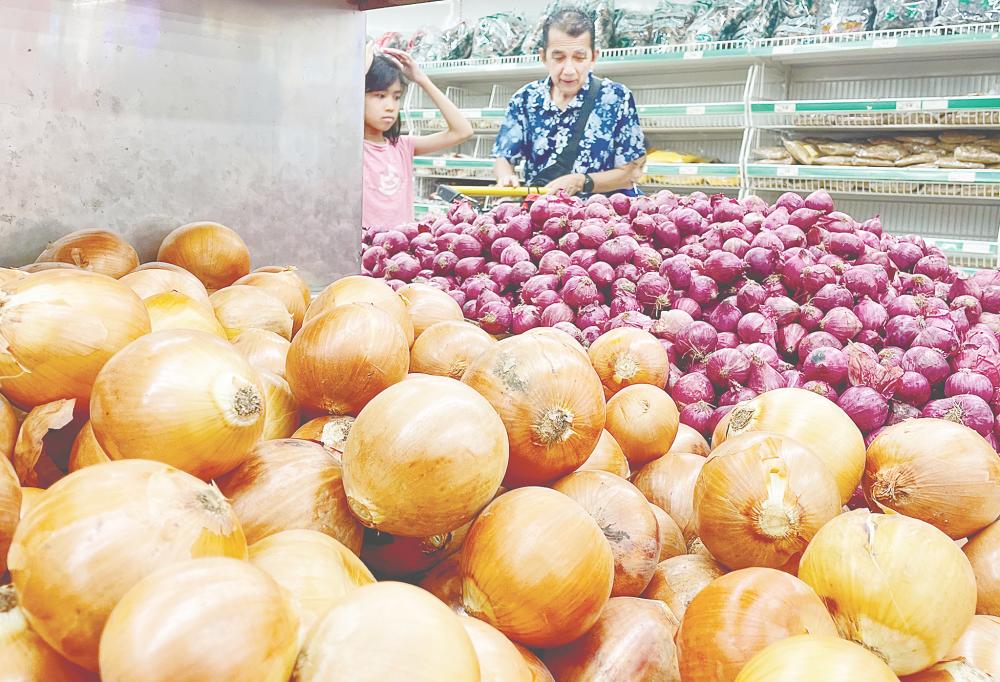PETALING JAYA: Malaysia’s push to boost onion cultivation marks a step towards reducing dependency on imports and strengthening food security, but achieving self-sufficiency will require greater effort, said Universiti Putra Malaysia Department of Agribusiness and Bioresource Economics lecturer Prof Dr Norsida Man.
She said Malaysia previously relied on imported onions due to its affordability and lack of
local cultivation.
“Imported onions were cheaper, so Malaysia did not grow it.
Farmers are also more comfortable cultivating other crops.
“The global shortage of onions and export bans by major suppliers underscored Malaysia’s vulnerability to imports, which accounted for 687,000 metric tonnes worth RM1.58 billion in 2022. Last year, when India banned exports due to domestic shortage, Malaysia imported from South Korea, Taiwan and Japan, which was more expensive.”
She said efforts by the government and the Malaysian Agricultural Research and Development Institute (Mardi) in supporting local onion farming are commendable but there is still much that needs to be addressed.
“Mardi introduced new shallot varieties, namely BAW-1, BAW-2 and BAW-3. The varieties are adapted to local soil and climate conditions, and offer hope for sustainable production.”
In 2023, Mardi director-general Datuk Dr Mohamad Zabawi Abdul Ghani said the new varieties were the result of research involving genetic material from local and international sources.
“BAW-1 is vivid red, 25mm to 35mm in size, and thrives in mineral and BRIS (beach ridges interspersed with swales) soils. BAW-2 is pink, 28mm to 32mm, and suitable for mineral and peat soils. BAW-3, also pink but smaller at 18mm to 25mm, can grow well in BRIS, mineral and peat soils.”
He said the varieties could be harvested within 75 days and produce high-quality, disease-free yields.
Norsida praised the developments and acknowledged their potential to reduce the country’s reliance on imports, but cautioned that the future of onion farming in Malaysia is uncertain.
“Malaysian farmers are unfamiliar with the crop as they are more accustomed to spring onions.
“It is important to educate and support our farmers, especially smallholders, to ensure the success of Mardi onion farming initiatives. Farmers need training to adopt new practices, techniques and systems required for onion cultivation.”
She also said it could take a long time to learn the right techniques and smaller farmers must be encouraged to adjust and establish themselves before they can achieve significant production.
Norsida said the integration of modern technology, infrastructure and farming facilities could accelerate progress and with the right support, onion farming could become a viable source of income.
She added that onion farming must be part of a broader strategy to secure food security and reduce reliance on imports.
She said as Malaysia advances its onion cultivation initiatives, the need for sustained efforts and collaboration between farmers, researchers and policymakers to overcome challenges and secure the nation’s food supply is critical.
On Jan 11, Agriculture and Food Security Minister Datuk Seri Mohamad Sabu said local onion cultivation could save the country millions in import costs.









